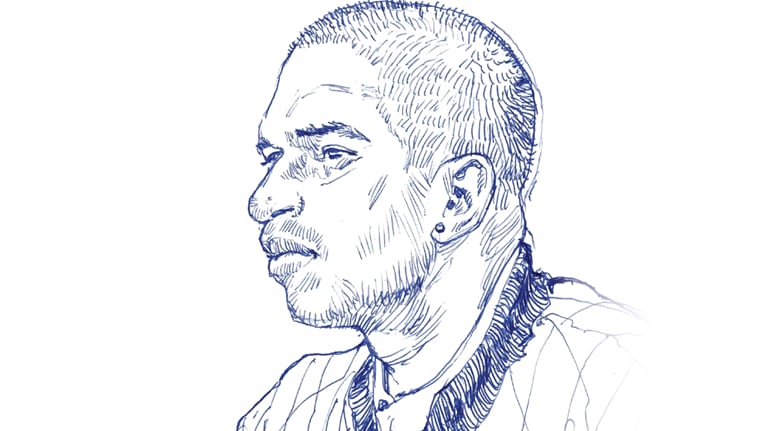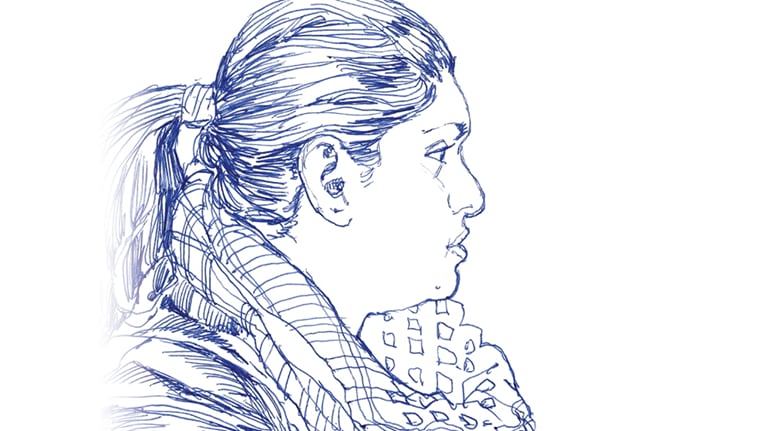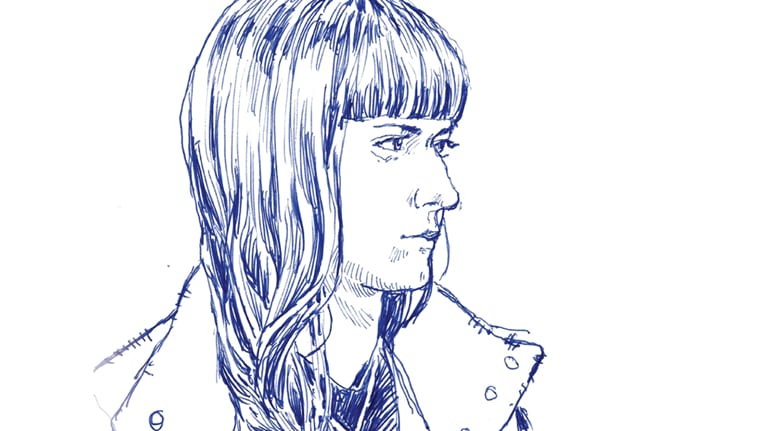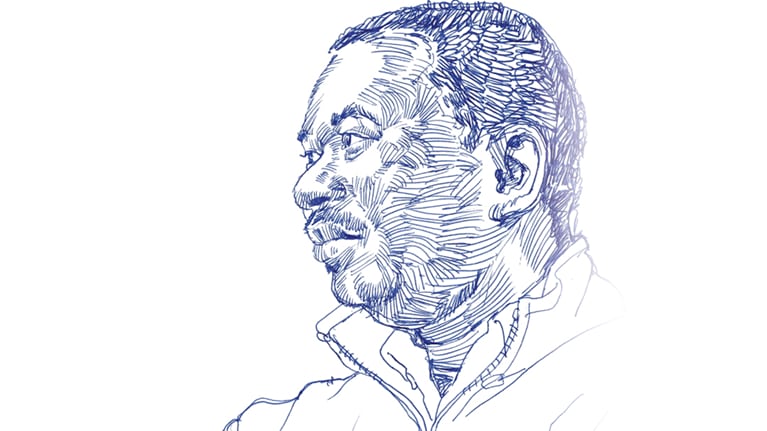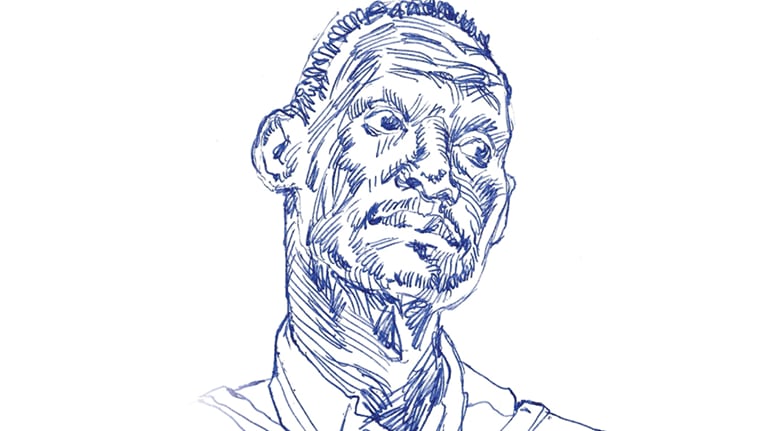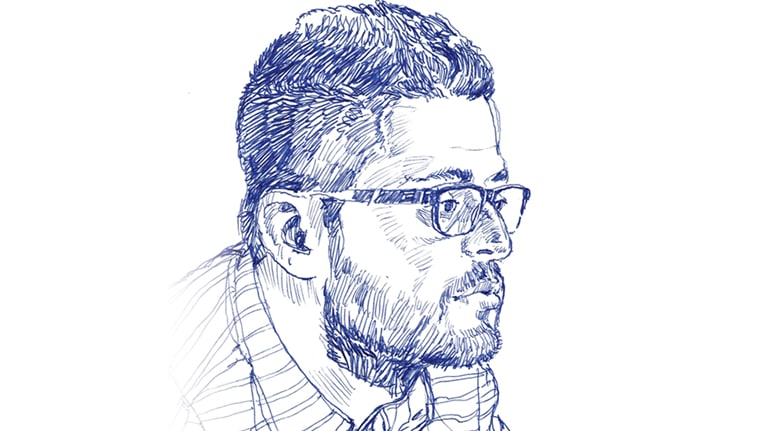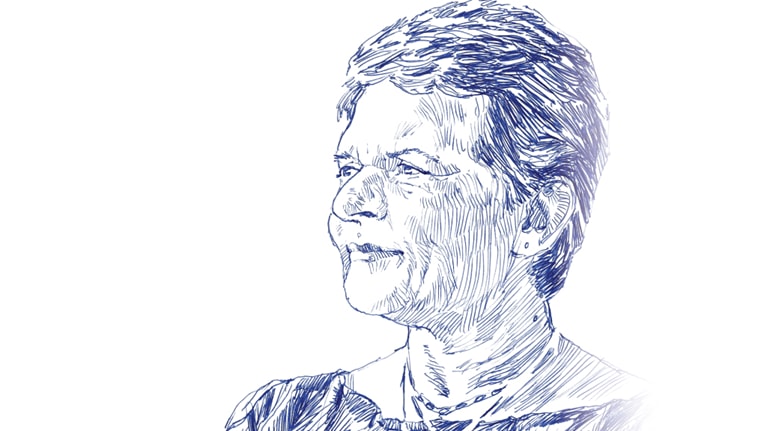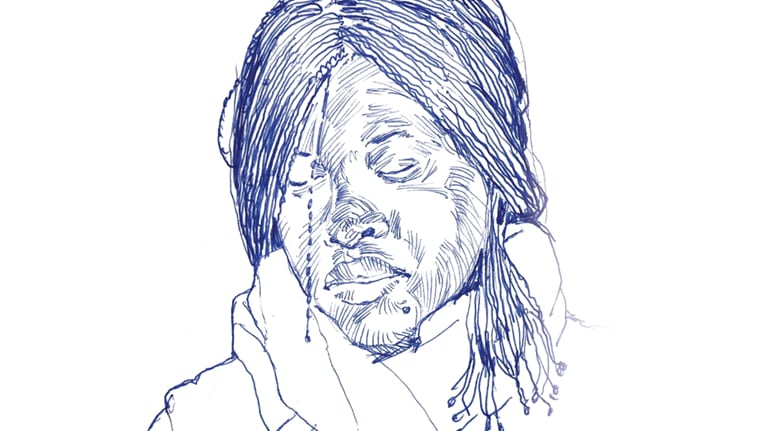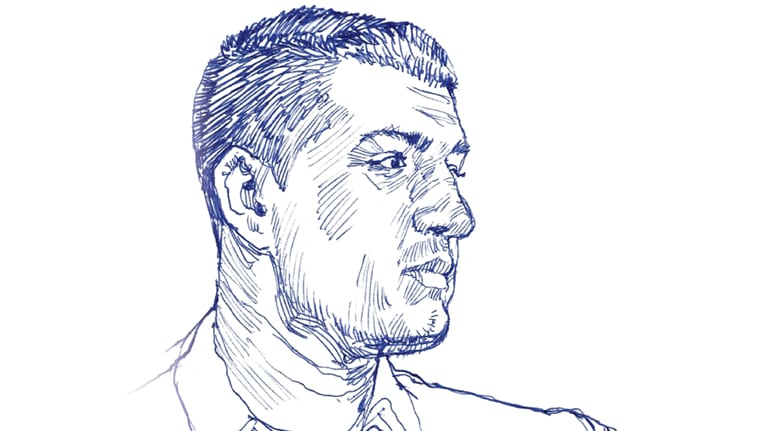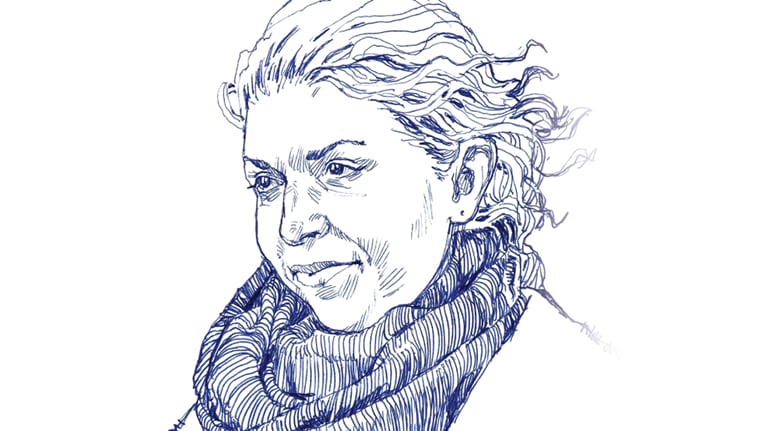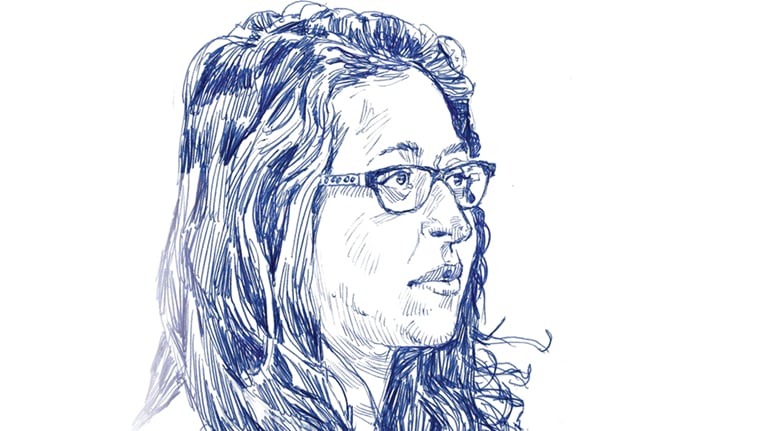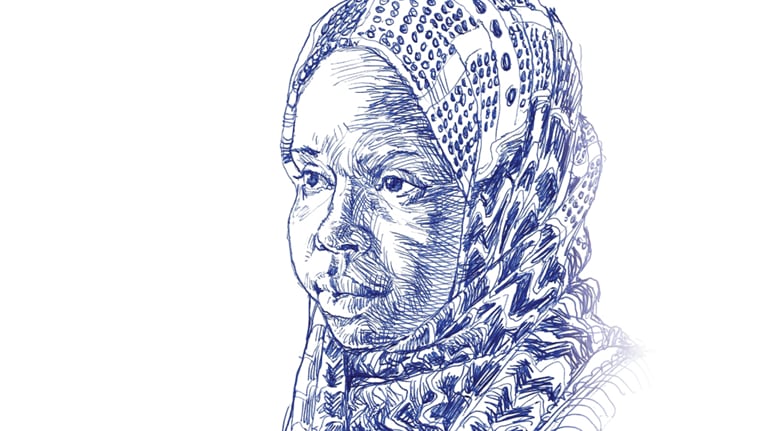
When we first arrived, I had to go to school, and my parents started language courses. I had a hard time finding friends because I didn’t speak German. Everything was different. My parents never managed to learn German. I always had to interpret, which is challenging for a child.
The first couple of years I wanted to go back all the time. At some point, I started to get good marks. But always, school was extremely difficult.
I moved out when I was 17 to go to school in Munich. By the time I was 21 I had a state-certified degree in languages. It wasn’t a proper bachelor’s, but it was recognized in the UK. So I applied for a master’s degree there and I was very happy when I got accepted. I focused on work and, at 22, I had my master’s. I learned how to fight. I could easily have given up and become unemployed.
I founded my own organization for equal opportunities for poor kids in Germany. We have our first kickoff event next week. It is called Netzwerk Chancen (Network Chances). The goal is to fight for equal opportunities for kids from poor backgrounds all over Germany—not specifically migrant kids, but all kids.
